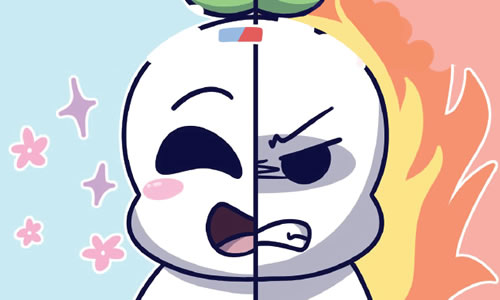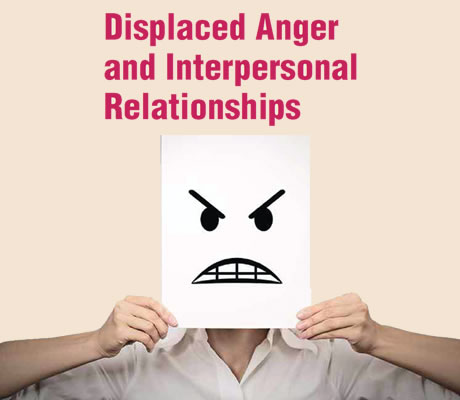Acting-out Your Anger is Self-Destructive
Acting-out is a defense mechanism in which the person acts without reflection or apparent regard for its negative consequences (DSM III, 1987 p.394). George E. Vaillant (1992) explains that it “involves the expression of feelings, wishes, or impulses in uncontrolled behaviour with apparent disregard for personal or social consequences” (p.253). Therefore it is the mode…











